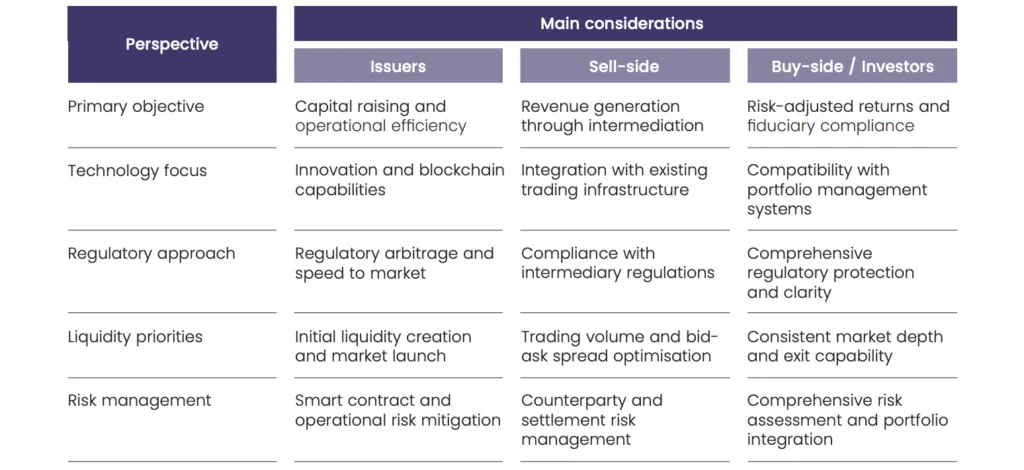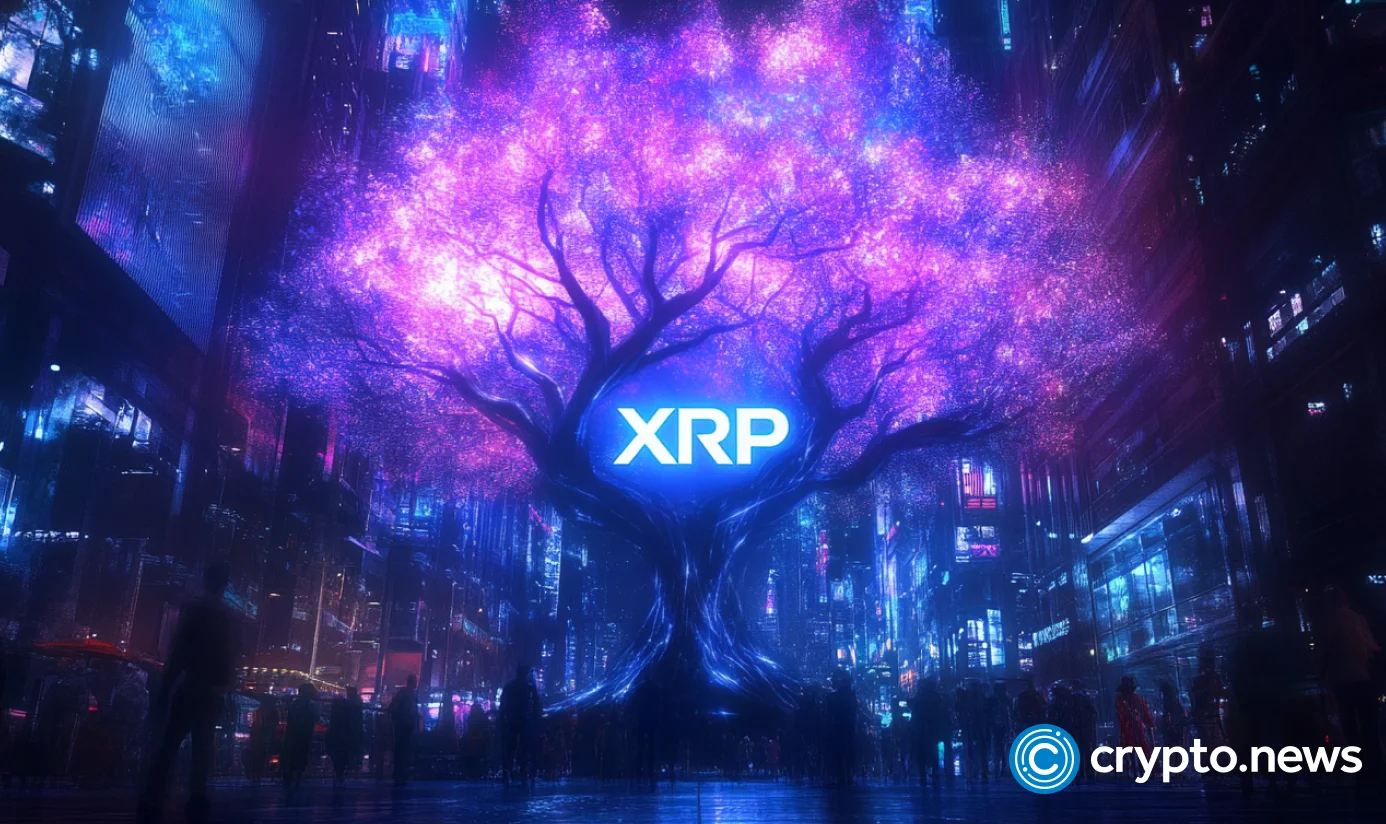A gulf between what mainstream investors prioritize and what the issuers of tokenized assets currently offer is creating an adoption gap that’s stalling tokenization, a new report says.
Titled “Bridging the Adoption Gap: Aligning Digital Asset Offerings with Buy-Side Requirements,” the report dug into the disconnect between the two factions, which has limited tokenization to a niche audience, mostly comprised of digital asset enthusiasts.
It was published by the Investment Association (IA), a U.K industry lobby group whose members manage over $13 trillion in assets, and the Investment Management Association of Singapore, its Singaporean counterpart. The Monetary Authority of Singapore (MAS) and the U.K’s Financial Conduct Authority (FCA) were also involved in drafting the report.
A clear disconnect
Tokenization is transforming the financial industry, with some projecting that it could unlock up to $23.4 trillion in the global economy by 2033. It enables faster settlement, allows asset managers to embed rule-based logic directly into the tokens, streamlines collateral management, and avails investment products to a vast new market through asset fractionalization.
However, the report found that the most active client segment for tokenized assets remains the ‘crypto’ natives. This client base is limited, and for tokenization to truly take off, it needs to tap into the mainstream segment, especially institutional investors. Issuers can only appeal to this market by “adapting to very different needs and expectations.”
“The tokenised asset market currently suffers from a fundamental disconnect between what issuers build, how sell-side intermediaries operate, and what investors – mainly institutional – need. This misalignment has created an “adoption gap” where promising technology fails to achieve meaningful adoption, limiting the transformative potential of tokenisation,” the report says.
Issuers of tokenized products continue to prioritize technological differentiation and rapid market entry, with their strategies informed by pressure from their backers and competition with other issuers. This culminates in an innovation trap where “technological sophistication becomes an end in itself rather than a means to solve genuine challenges.”
This creates a disconnect with institutional investors who prioritize integration with existing portfolio systems, standardized accounting formats, and familiar custody arrangements. They also value clear oversight standards, with the financial sector being among the most stringently regulated.
 Source: Investment Association
Source: Investment Association“Issuers may assume that demonstrating cost savings or operational efficiencies will drive adoption, without recognising that institutional investors take individual investment decisions, including the degree to which a product is regulated, its liquidity, the operational infrastructure the costs of the product,” says the report.
This mismatch in priorities leaves issuers touting benefits such as real-time settlement and 24/7 trading to a client base with different priorities, stalling adoption.
The two industry groups believe this has been the primary hurdle to adoption by institutional investors, a group whose absence has limited secondary market liquidity. This, in turn, leaves digital currency natives to dominate the market, further reinforcing the belief that tokenized assets are speculative instruments.
Japan’s SBI launches institutional tokenization company
Elsewhere, Japanese financial services giant SBI (NASDAQ: SBHGF) has launched a new company—SBI Onchain—targeting tokenization of real-world assets by institutions.
SBI Onchain is a joint venture between the Tokyo-based conglomerate and DigiFT, an exchange focused on institution-grade tokenized RWAs.
The new venture will prioritize professional investors and is reportedly developing tokenization technology robust enough to handle trillions in real-world assets. It’s also developing custodial products and risk management frameworks for prospective clients.
While its primary target will be Japanese institutions, SBI Onchain intends to partner with asset managers globally to extend the coverage of its on-chain market to other jurisdictions.
International expansion will be greatly aided by DigiFT’s regional footprint. The company has operating licenses in Singapore and Hong Kong, enabling it to host tokenized assets for global giants including UBS, Invesco, and Wellington Management.
SBI joins a host of Japanese companies rolling out tokenized products, including the country’s largest bank, MUFG (NASDAQ: MUFG), which announced it would be tokenizing real estate for retail investors earlier this year.
MUFG is also the founder of Progmat, a cross-industry tokenization platform that intends to roll out tokenized stocks next year.
Watch: Tim Draper talks tokenization with Kurt Wuckert Jr.

















 English (US) ·
English (US) ·